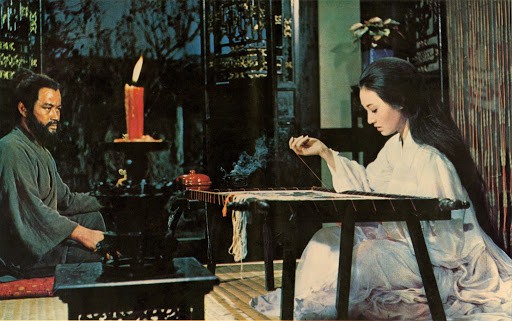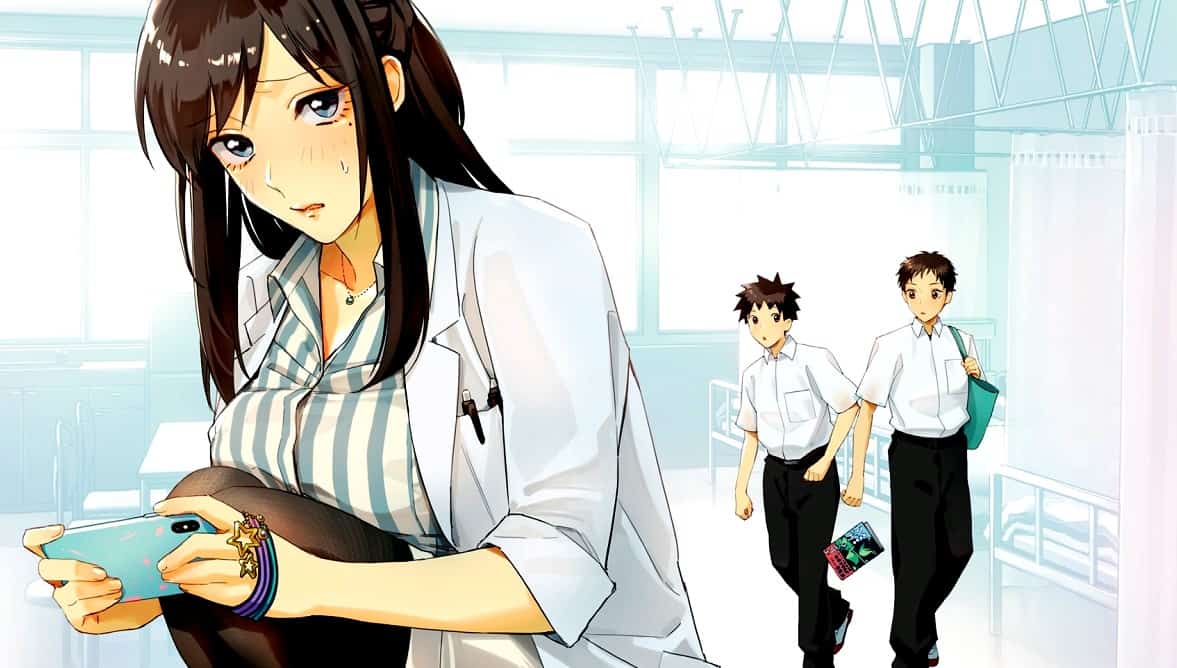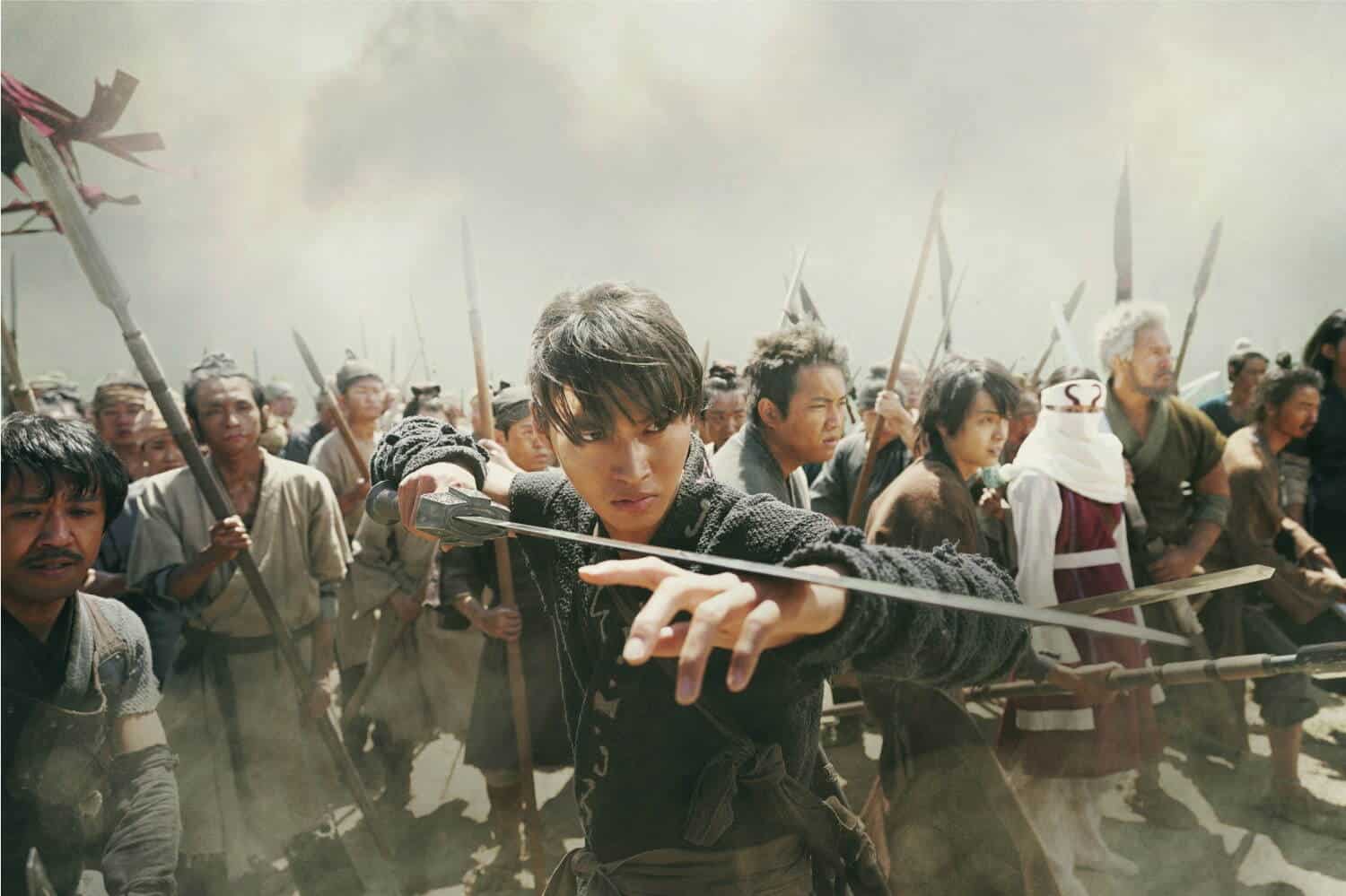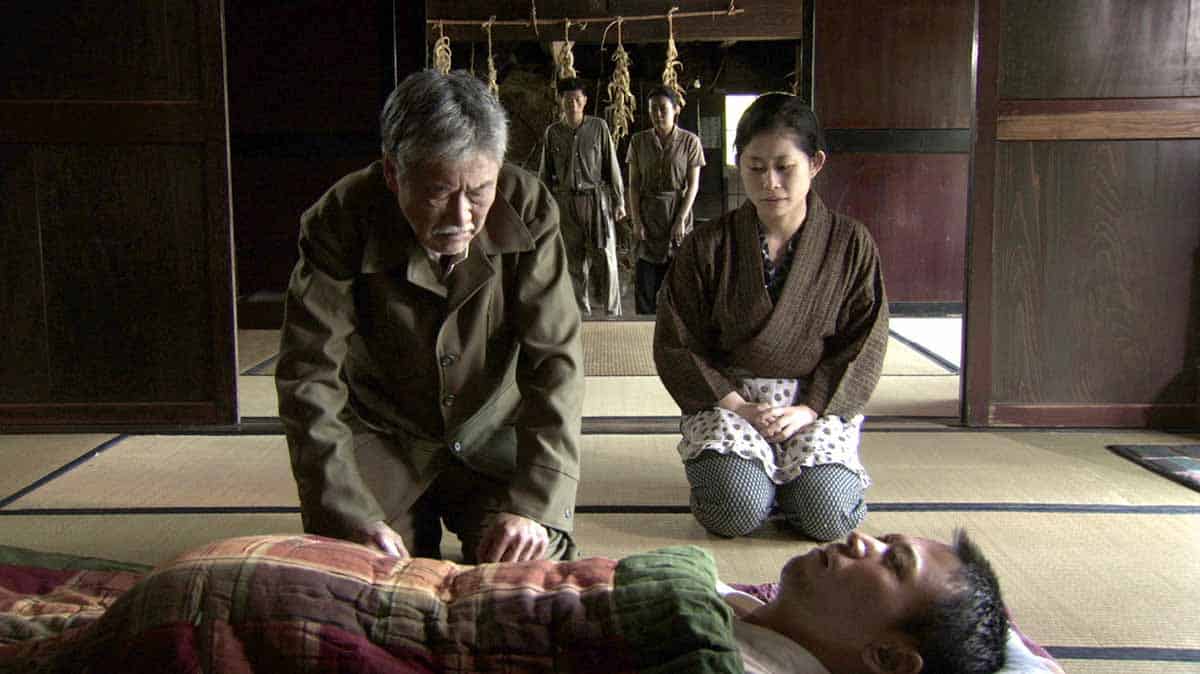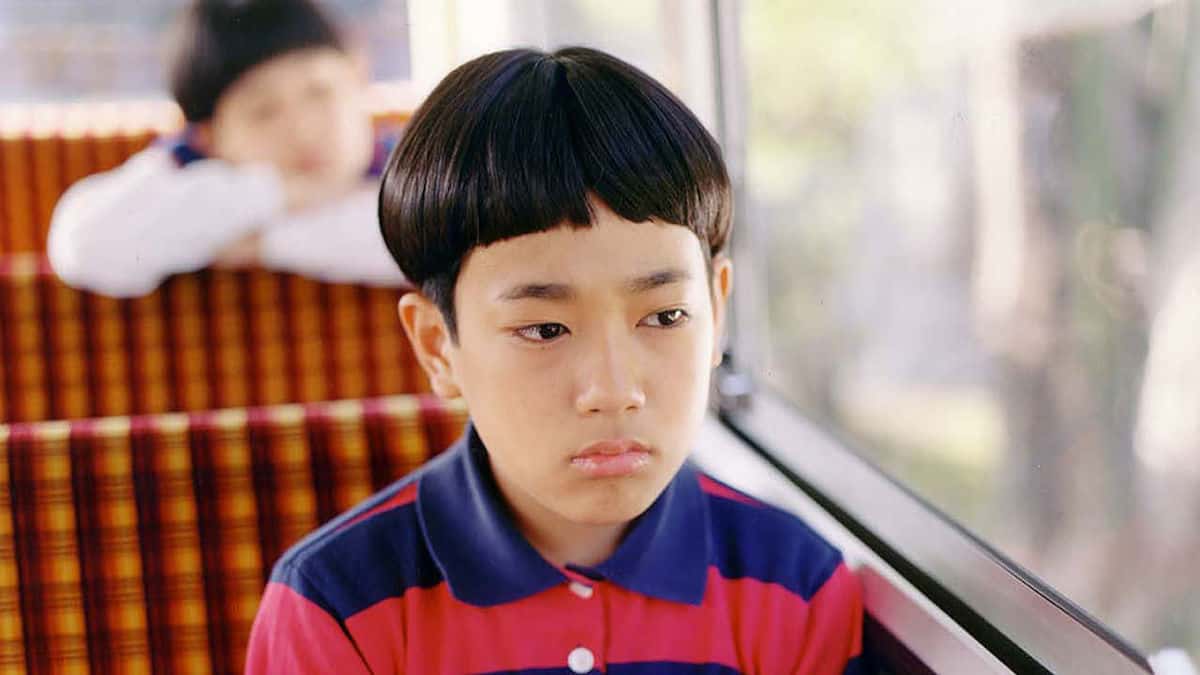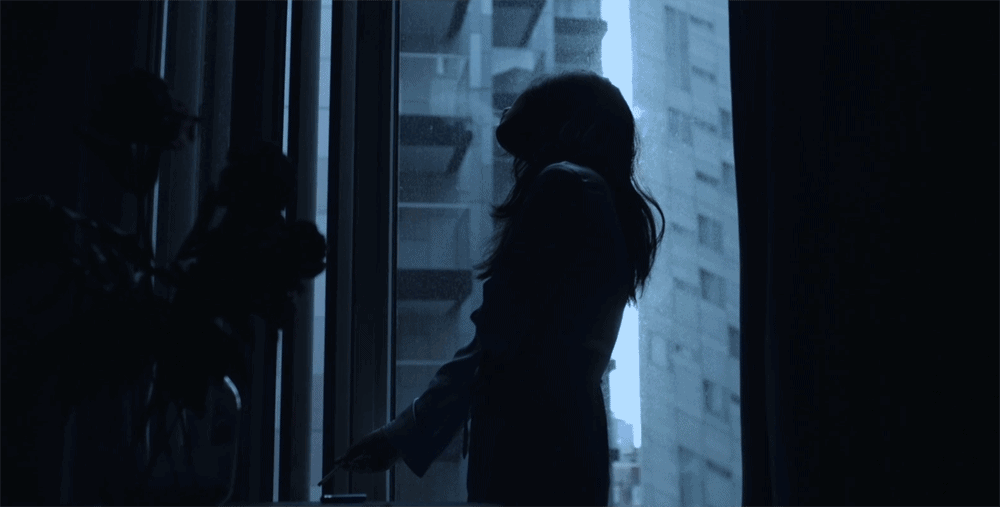The 1960s might have been among the most prolific times for cinemas around the globe. This applies to Taiwan as well. Still, by the end of the decade and at the beginning of the 1970s, a crises lurked. At that time, Li Han-Hsiang's company in Taiwan too found itself in financial trouble. To avoid the worst, he brokered “Foor Moods”, an anthology of four mid-length films by four heavy-caliber directors: himself, King Hu, Li Hsing, and Pai Ching-Jui. Inspired by Chinese opera as well as by Pu Songling's Strange Stories from the Chinese Studio, the they frown upon human vices.
Restored “Four Moods“ is screening at Taiwan Film Festival Edinburgh
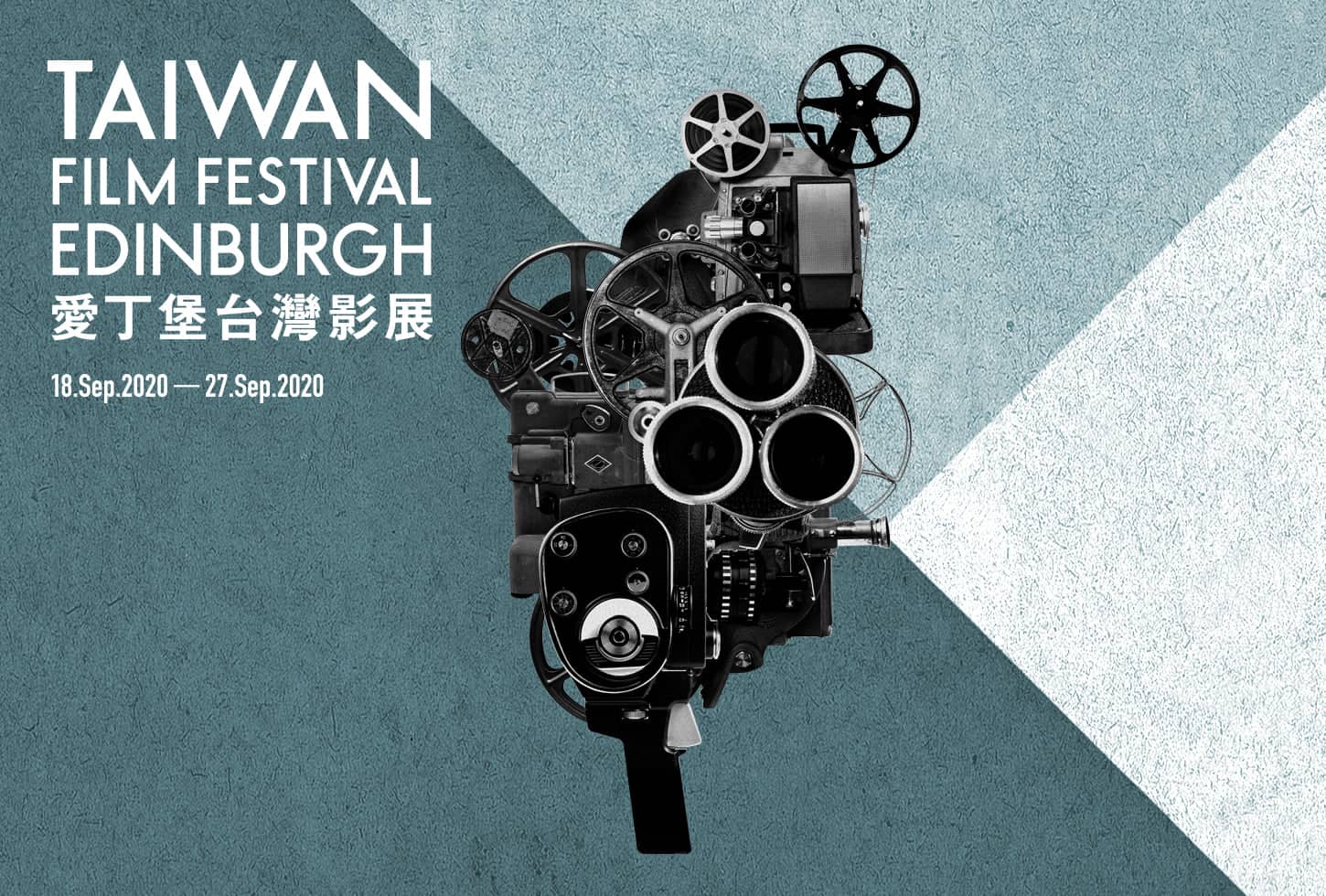
The segments explore the different feelings experienced by people when confronted with supernatural, Gods' mills or even a human intervention. These “moods” build up the Chinese language title: Bliss (or Joy), Anger, Sadness, and Happiness. Driven by karmic principles, the individual stories could easily have slid into mundane edifying moralistic fables. Especially, as Pai, Hu, Li, and Li employ a very clear and easy to follow narration. But their characteristic stylistic traits elevate the anecdotes and add very special allures.
“Bliss” (Pai Ching-Jui) follows an encounter of a scholar with a ghost guarding the sanctity of graves. Without a word muttered, it manages to build up and peak the tension. The editing as well as the soundscape play with the nerves of the viewer, set in the more-or-less the same position as the scholar when it comes to surprises. Though the stylistic tools have already become “classic”, it is only fair to say they have not lost their potency.
Together with “Sadness”, “Bliss” explores the fallout of men succumbing to women's charms. Yet, in the Li Hsing's piece, the protagonist refuses to fully devote to the comfort of family life with all its blessings. Struck by grief, he prefers vengeance over peace. The ghost in “Happiness” (Li Han-Hsiang) only dreams of a tranquil (after)life. Being a man and a drunkard, he rather looks for it in a friendship with an old fisherman. To him he confides his intentions and heavenly secrets. Moreover, he values friendship more than the idea of cutting the ties with earthly existence.
It doesn't take a specific skill set to see how King Hu's “Anger” stands out. It is the only story fully set in the interior and the only one to employ more than three (adult) characters. The use of silence (interrupted) as the tool of building up suspense singles it out even more. The other stories rather reach for instruments of various pitches or choirs. Unsurprisingly, Hu took for his main stage an inn run by a crooked couple. Inspired by Peking opera “At the Crossroads”, it sets out a game of wits, errors and martial arts skills. Once again, Hu explores the possibilities of space and movement in all directions, fueling the segment with a comparable dose of thrilling tension.
Each of the stories can be taken as a full-fledged film and one can easily imagine them being worked into features providing a more profound insight into the characters' background. At the same time, marrying their singularities, “Four Moods” works in its totality too. That itself speaks for the talents involved. Moreover, the camera work, soundscapes, as well as the exploration and exploitation of the selected stage make it obvious why the four gentlemen are still considered masters. And yes, it is a pleasure to watch these films with the notion of the later pieces inspired by them.


